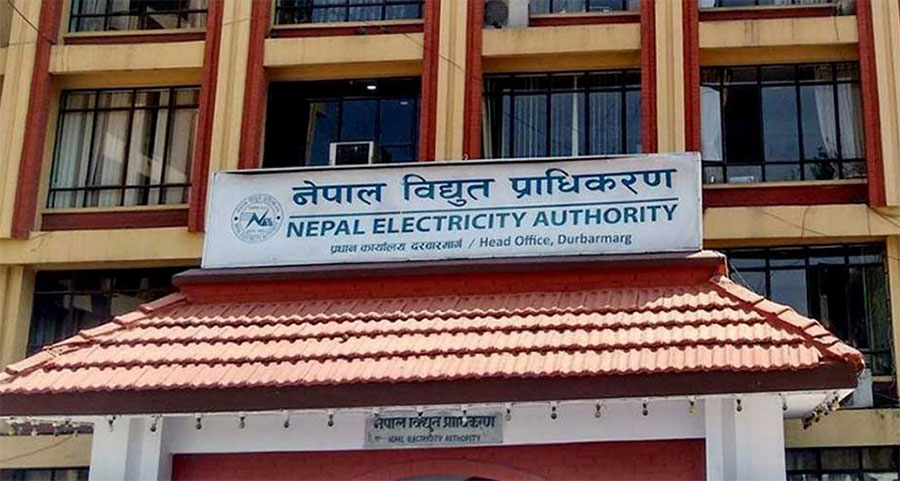Kathmandu: In a decisive move, the Nepal Electricity Authority (NEA) has disconnected electricity supply to several industries that have persistently refused to settle their outstanding electricity tariff dues for using dedicated and trunk lines. The disconnection, effective since Friday evening, comes in response to Prime Minister Pushpa Kamal Dahal’s explicit directive to the NEA to disconnect power from such lines and collect the long-overdue tariffs.
The Prime Minister’s directive was issued on Thursday, prompting the NEA to take swift action in disconnecting power lines from major industries. Notable names such as Jagadamba Steel, Reliance Spinning Mills, Ghorahi Cement, and Arghakhanchi Cement have been affected by the power cutoff.
Criticism has emerged over the NEA’s selective approach, as large industries faced exemption from power disconnection while small and household consumers experienced disconnection for non-payment of standard tariffs. According to NEA reports, Jagdamba Steel owes a staggering Rs 4.14 billion, Reliance Spinning Mills has an outstanding amount of Rs 1.94 billion, Ghorahi Cement owes Rs 1.36 billion, and Arghakhanchi Cement has yet to settle electricity tariffs amounting to Rs 1.30 billion.
NEA officials clarified that the power disconnection was implemented as these industries consistently refused to settle their dues despite repeated requests. This move aligns with recommendations from the recent report of the Auditor General, which consistently advised the NEA to recover outstanding amounts. Various parliamentary committees had previously expressed interest in tariff matters, directing the prompt collection of dues.
The power disconnection underscores the government’s commitment to ensuring fair and equitable treatment in the payment of electricity tariffs, holding major industries accountable for their financial responsibilities. The NEA remains firm in its stance to recover outstanding dues and maintain transparency in the nation’s electricity distribution system.
